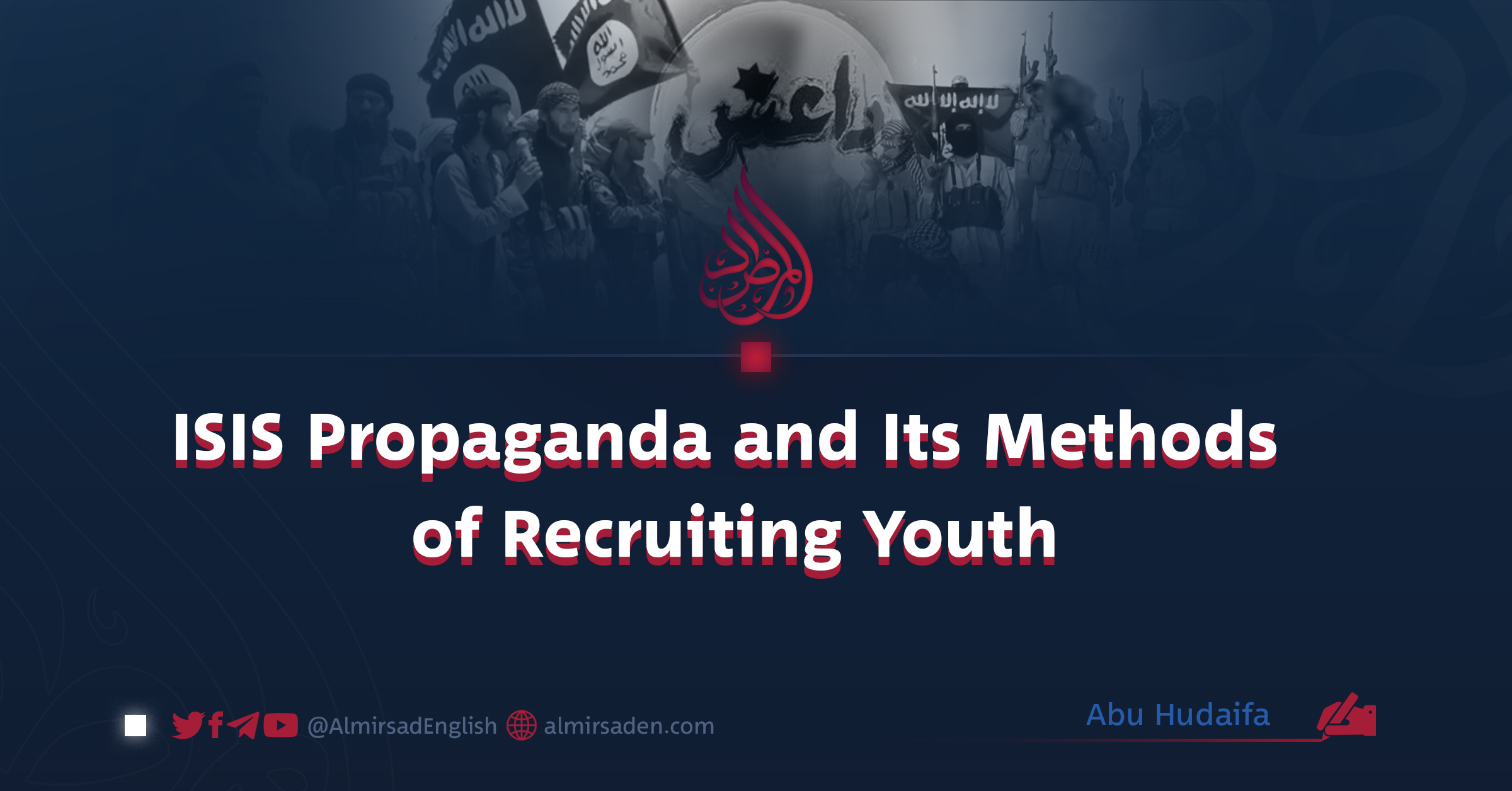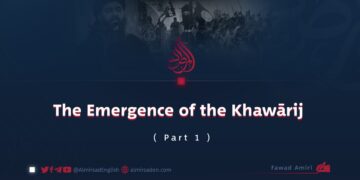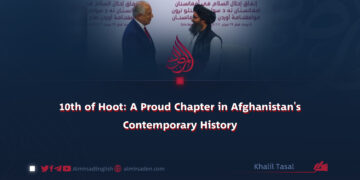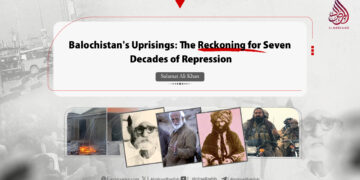Written by: Abu Hudaifa
ISIS strategically exploits impressionable youth to further its objectives, employing a range of deceptive tactics. The following are some of the key methods used to recruit and exert control over individuals:
1. Extremist Propaganda
ISIS-Khawarij exploit social media and digital platforms to spread extremist propaganda. Using videos, audio messages, and written content, they manipulate individuals into endorsing their so-called caliphate by propagating unfounded narratives of oppression, violence, and jihad, thereby targeting the uninformed and vulnerable.
2. Misrepresentation of the Islamic Caliphate
ISIS portrays the regions under its control as governed by Islamic principles, claiming that inhabitants experience peace and stability. To reinforce this illusion, they release videos showcasing schools, hospitals, and markets, depicting an idealized and righteous Islamic state. For instance, they have produced content titled “Daily Life in the Caliphate,” portraying individuals engaging in daily activities within a seemingly tranquil environment. The objective is to lure foreign Muslims into migrating to their counterfeit caliphate.
In reality, these areas are plagued by oppression, insecurity, and systemic injustice. Much of the media they present is either fabricated or manipulated to construct a misleading narrative.
3. Ideological Indoctrination
ISIS’s ideology is rooted in religious extremism. They distort Islamic teachings, presenting their beliefs as efforts to establish a legitimate Islamic caliphate. By misinterpreting and selectively quoting verses from the Quran and Hadith, they seek to manipulate individuals into supporting their false narratives.
4. Social Pressure and Threats
In certain regions, ISIS employs coercion and intimidation to force individuals into submission. Families are threatened, and those who resist are subjected to severe persecution. Within communities, they cultivate an atmosphere of fear, compelling individuals to join their ranks to escape from their oppression.
5. Exploitation of Emotions
ISIS manipulates the emotions of disillusioned youth, offering them false hope of fighting injustice. They promise paradise in exchange for martyrdom, persuading individuals to participate in combat and carry out suicide attacks. They falsely assure recruits that engaging in jihad, waging war, and committing suicide bombings will guarantee them martyrdom and divine reward for their families.
6. Financial Incentives:
Economic hardship and unemployment are key vulnerabilities that ISIS exploits. They attract individuals by offering financial assistance, promising competitive salaries, and providing material support for their families, creating the illusion of a stable livelihood.
7. Exploitation of Children
ISIS actively involves children in its propaganda, branding them as the “lions of the caliphate.” They release footage of children undergoing combat training, receiving instruction in weaponry and extremist ideology. This tactic aims to indoctrinate both present and future generations, ensuring the perpetuation of their radical ideology.
The Reality Behind ISIS’s Ideology
A careful analysis of ISIS’s ideology reveals that its foundation is not rooted in the implementation of Islamic principles. Rather, its true agenda is to distort Islam and advance anti-Islamic conspiracies. The group systematically misrepresents Islamic law, particularly in matters concerning jihad, the caliphate, and legal rulings.
Under the pretext of jihad, ISIS commits atrocities against innocent individuals and justifies its oppression using religious rhetoric, despite Islam being a religion that upholds peace, tolerance, and justice.
ISIS claims that its objectives, policies, and actions are aimed at establishing the sole legitimate Islamic caliphate in the modern era. Based on this assertion, they brand those who refuse to pledge allegiance to them—or oppose their authority—as disbelievers deserving of death. This extremist interpretation of takfir (excommunication) stands in direct contradiction to the fundamental principles of Islam.
Muslims must recognize that ISIS and similar extremist factions neither represent Islam nor seek to establish a legitimate caliphate. To safeguard themselves against these distorted ideologies, individuals must equip themselves with authentic religious knowledge, critical thinking, and guidance from credible Islamic scholars.
Awareness and education are powerful tools in combating extremism. Muslims should seek knowledge from reputable Islamic sources and actively oppose any form of radical ideology or extremist movement.



















































